An array of master’s and an invitation to foreign talent – Education Minister lays out first reform package
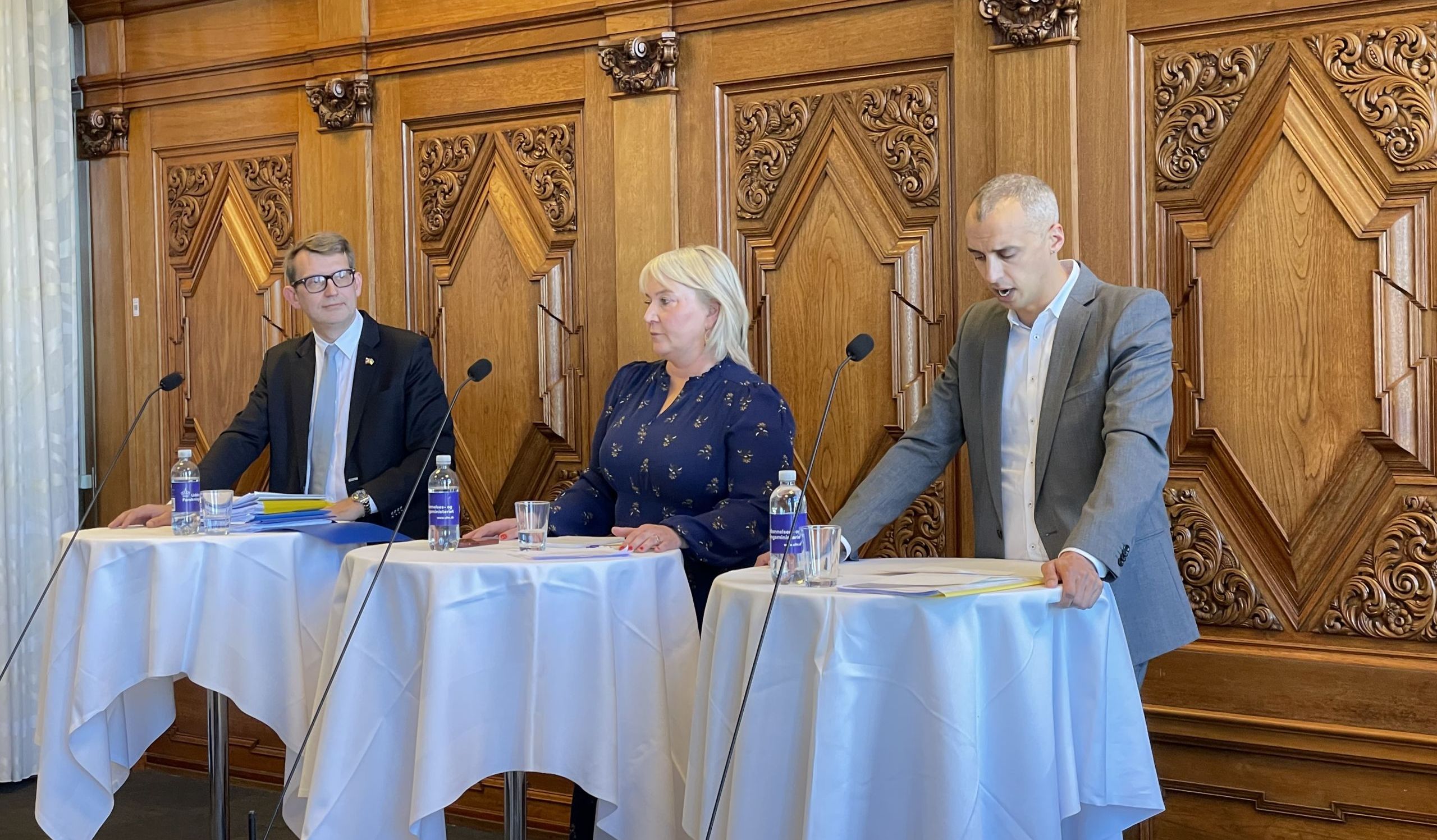
Troels Lund Poulsen (V), Minister for Economic Affairs, Christina Egelund (M), Minister for Higher Education and Science, and Mattias Tesfaye (S), Minister for Children and Education, presented the first part of the new government’s planned education reforms on Thursday. Photo: Caroline Hammargren
On Thursday, Christina Egelund, Minister for Higher Education and Science, from Moderaterne (The Moderates) presented the first batch of the government’s long awaited – and dreaded – education reform plans. They include vast changes to Denmark’s education system that, according to the government, will strengthen the Danish workforce.
At the press conference, Christina Egelund’s (M) plans became more concrete. There will be four different types of master’s programmes, between one and three years in length.
“We have around five hundred master’s that all follow the same set up although the content is different. We want to modify this so that there are more options and flexibility. This will create a new landscape of master’s programmes that are not all the same,” the Minister said.
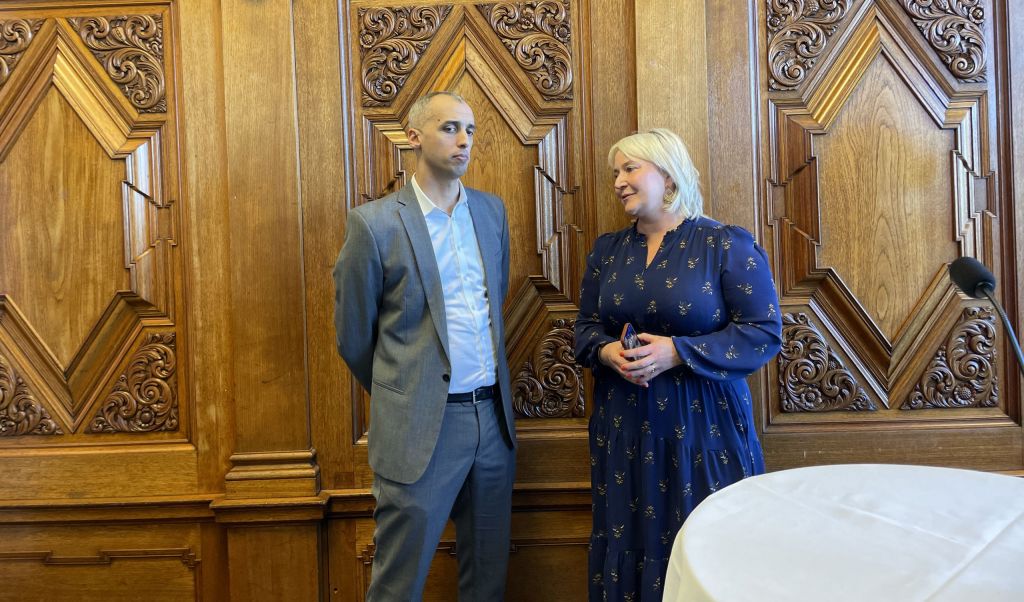
Christina Egelund (M), Minister for Higher Education and Science, and Mattias Tesfaye (S), Minister for Children and Education. Photo: Caroline Hammargren
The one-year programmes are aimed mainly at the humanities and social sciences and should make up half of all master’s programmes, while the longer programmes will cover highly specialised areas such as nanoscience, health sciences and life science.
The one-year master’s programmes are among the most debated aspects of the reform. The proposal has met harsh criticism and concern from education stakeholders who worry it would stress students, undermine Danish education and research, and ultimately lower the quality of Danish businesses.
The shorter master’s do not aim to squeeze the same amount of knowledge into less time, Christina Egelund ensured, rather they involve “new content”. These master’s will also see an increase in the number of teaching hours to 15 hours, where some today have only eight or ten.
Christina Egelund declared that there is nothing wrong with the Danish education system, but she wants to change it to future-proof it.
“If it isn’t on fire, why do anything? We want to act before the fire starts,” she said.
We cannot set precise numbers for how many people should apply for different studies.
Christina Egelund, Minister for Higher Education and Science
When the three-party coalition government between the Social Democrats, Moderaterne (the Moderates), and Venstre (the Liberal Party of Denmark) came to power last December, they announced their plans to reorganise higher education in Denmark. Their objectives are to strengthen the connection between education and the labour market, increase the quality of education, but ultimately also get more people into vocational studies and professions.
The decision concerning which programmes will be shortened will be made in dialogue with universities and key actors, whom Christina Egelund will invite to join a Master’s Committee.
Denmark has seen a sharp rise in the number of graduates over the last thirty years. In 1990, 11% of the Danish youth had completed a university master’s, whereas by 2019, the figure had more than doubled to 27% – numbers also highlighted in the reform package published Thursday.
But the Minister would not say whether she would prefer to see more or fewer Danes educated at master’s level.
“We cannot set precise numbers for how many people should apply for different studies,” she said.
However, it is no secret that Danish health care and teaching are in dire need of extra hands and brains.
“Fewer people want to work with materials and people, and more people want to sit behind desks,” as Mattias Tesfaye, Minister for Education and Children, standing next to Christina Egelund, put it.
We should be an open country and admit more international students in areas where Danish businesses are demanding labour.
Christina Egelund, Minister for Higher Education and Finance
His ministerial portfolio includes vocational education, an area that should be part of future reform packages.
The ministers had no news to give yet on the reform of the student grant system (SU) – another area which has caused debate. However, the reform package is to be partially financed by savings of DKK 350 million on SU.
More English, more flexibility
The government also wants to raise student intake levels for English language programmes, especially in sectors where labour is in high demand.
“We should be an open country and admit more international students in areas where Danish businesses are demanding labour,” Christina Egelund said, adding that the possibility for Danes to study in English is also a factor.
The reform plans will also make part-time master’s programmes (erhvervsmaster) more common than today.
Currently, nine out of ten bachelor’s students go directly into a master’s programme after finishing their degrees, while few Danes study later in life. Christina Egelund believes that students should not have to cement their career choices early in life, but have the possibility to “change tracks”.
Political turns for coalition partners
The move has seemingly involved some political gymnastics from all the parties involved.
Ahead of the elections, Moderaterne said they did not support the Social Democrats’ proposal of one-year master’s programmes.
“That was with regards to simply shortening them, without emphasis on improving the quality and content,” Christina Egelund said.
As recently as in 2021, the Social Democrats and Venstre voted to reduce the number of English language education programmes. Now they want more.
“It seems like a rational idea to attract more foreign students and give more Danes the possibility to study in English,” said Mattias Tesfaye from the Social Democratic Party, while evading a follow-up question asking whether this implied his party’s previous decision was irrational.
While the three parties have enough seats to vote the bill through parliament on their own – as they did when abolishing Great Prayer Day two days prior – Christina Egelund said the government aims to seek broad parliamentary support and is willing to compromise.
“We don’t expect to pass it exactly as proposed and will invite parties for discussions,” she said.
The government aims to pass the bill before the summer holidays.



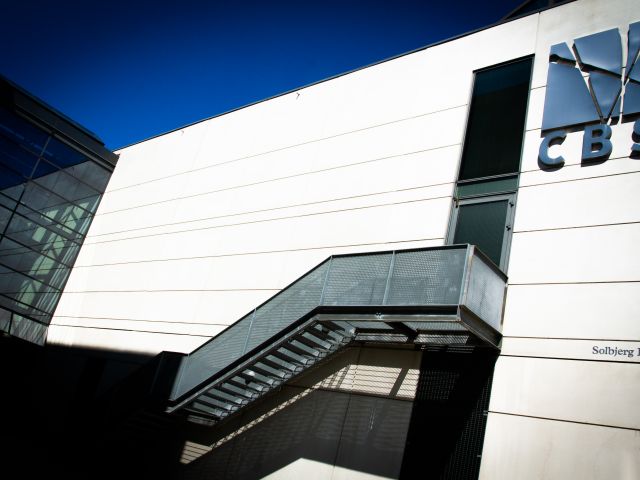


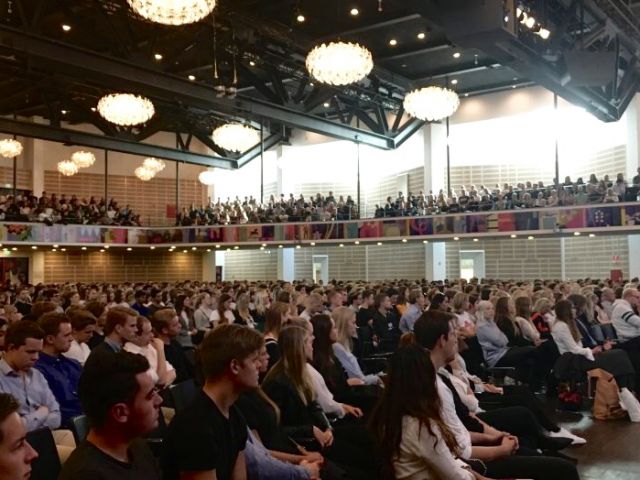
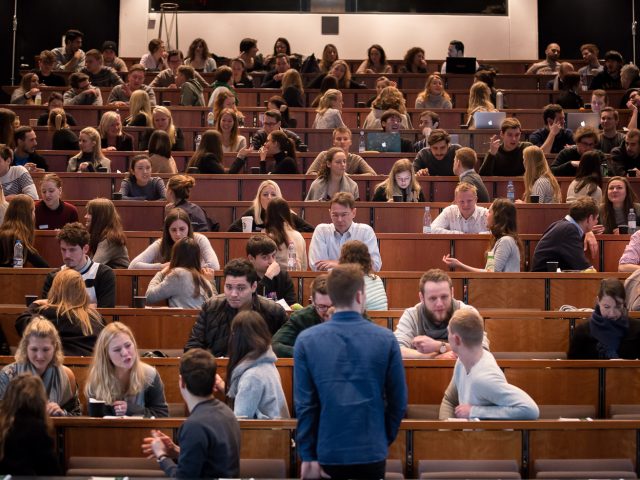
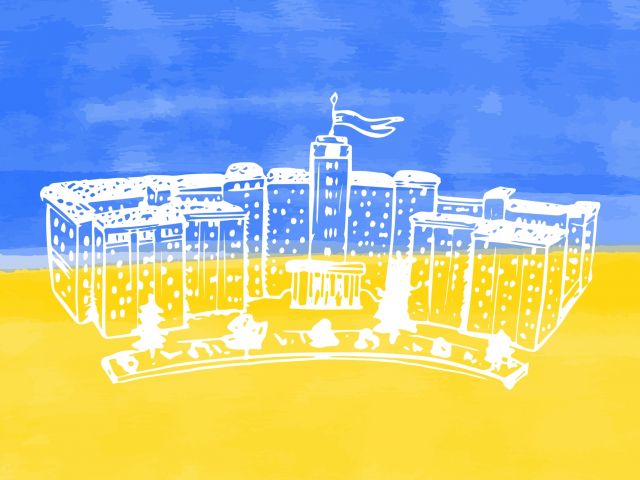
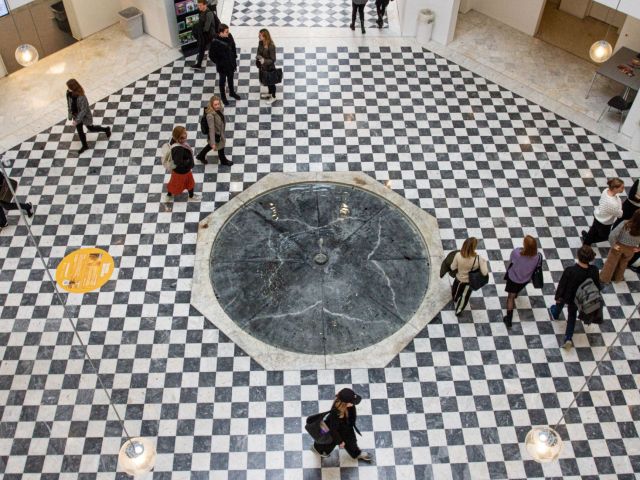





























































































































Comments